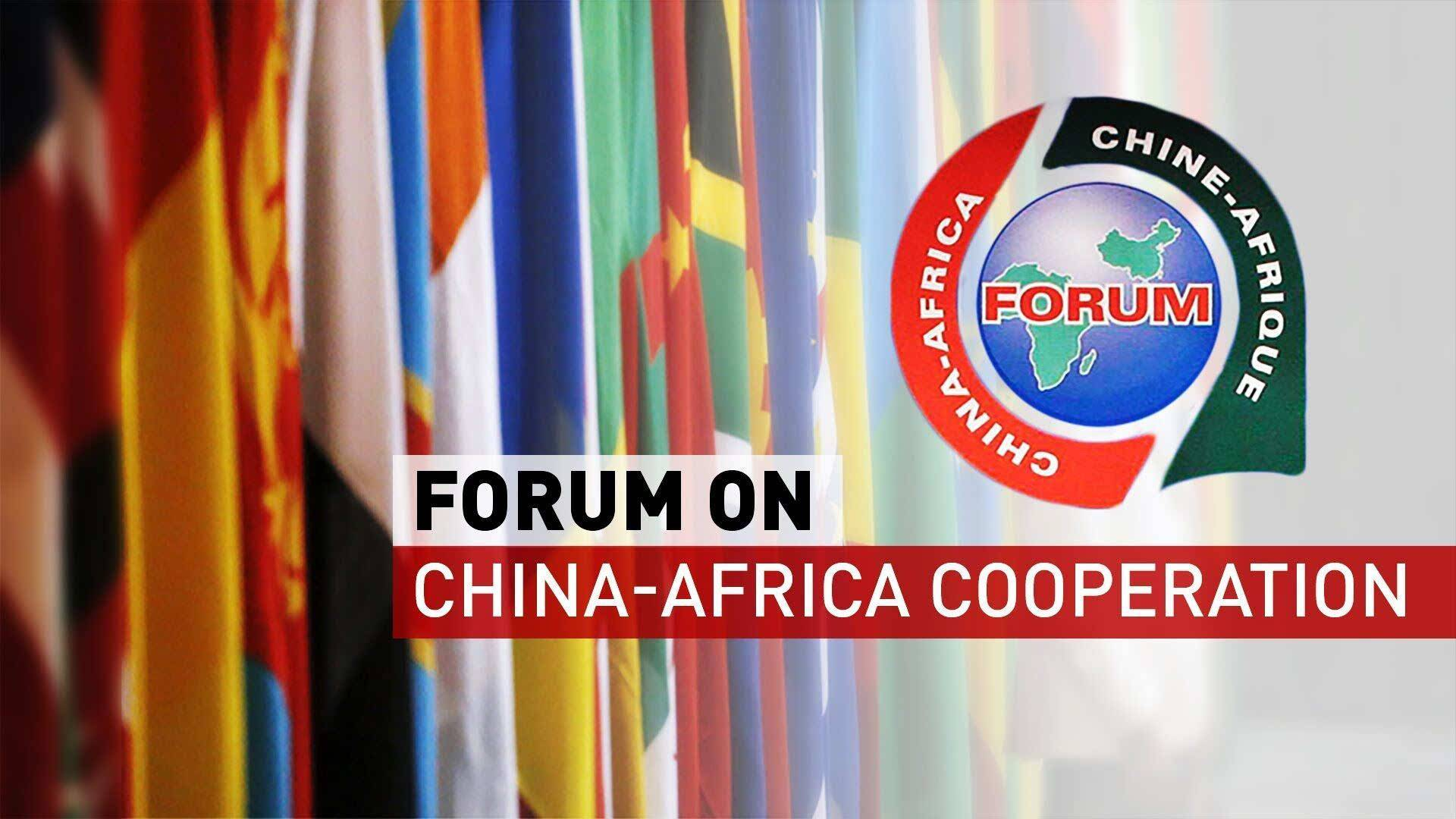by Beaven Dhliwayo
WHEN China and Africa resolved to tackle diseases and public health emergencies under the aegis of the Forum on China-Africa Cooperation (Focac) 20 years ago, no one had predicted that the world would be confronted with a precipitous disaster unseen since the end of the world wars.
The Covid-19 pandemic only surfaced in December 2019 and has killed millions of people across the globe. This was one year after the 2018 Beijing summit of Focac.The summit itself had laid groundwork for health cooperation between China and Africa having undertaken the China-Africa public health cooperation plan, addressing the challenges presented by the sudden outbreak of major communicable diseases, and supporting Africa in strengthening its public health control, prevention and treatment system.
In 2018, China pledged to continue to scale up medical assistance to African countries and carry out exchange and information cooperation on public health in order to improve the latter’s health situation, strengthen its capacity for self-reliant development and build a more responsive public health system, and provide technical support for strengthening health-related capacities under the International Health Regulations (2005).
China also pledged to continue to support Africa in improving its medical and health service and hospital management to provide better services, as well as support exemplary cooperation between Chinese and African hospitals and the development of professional and specialised departments, and will continue to train medical staff, public health workers and administrative personnel for African countries.
Further, under this framework, there was a pledged to upgrade 50 medical and health aid programmes in Africa, particularly flagship projects such as the headquarters of the African Centre for Disease Control and Prevention and China-Africa Friendship Hospitals.
China pledged to train more medical specialists for Africa and continue to send medical teams that better meet Africa’s needs, as well as provide more mobile medical services for the treatment of cataract, heart disease and dental defects and medical and technical support will be provided to African countries. In 2019 and the following year, 2020, a new unforeseen disaster struck in the form of Covid-19.
The respiratory disease spread very fast from its first reported case in Wuhan, China (although it is not clear if it was the origin) as it spread to Europe, America, the Americans and Africa. It was unexpected, especially in Africa, where Ebola had been the main threat in the form of infectious diseases. Although Africa has relatively escaped the worst ravages that were feared, it nevertheless suffered hundreds of thousands of casualties. To date, it has recorded over 8 million infections and nearly half a million deaths. The new disease gave a formidable test on health cooperation between China and Africa originally conceived under the Focac framework — with incredible results. As the two sides meet this November for the 8th Ministerial Conference of Focac, there will be significant grounds to reflect and plan how major disease outbreaks on the scale of Covid-19 could be tackled. Already, China marshalled lots of resources in the form of protective gear, testing equipment and emergency medicines — and countries such as Zimbabwe were the first and biggest beneficiaries. In all this, China deployed its resources, expertise and medical teams in terms of procedures and approaches laid out in Focac. The breakthrough came when China rolled out its vaccines, and declared them public goods, which it sent to the world to the tune of two billion doses. In addition to donating US$100 million to the Covid-19 Vaccine Implementation Plan, China will donate another 100 million doses of vaccines to developing countries within the year. As a continent with the largest number of developing countries, Africa faced even greater challenges amid this global public health emergency.
While helping Africa fight the pandemic, China has also promoted China-Africa cooperation to help Africa’s development get back on track. At the Extraordinary China-Africa Summit on Solidarity against Covid-19 held in June last year, Chinese President Xi Jinping proposed to strengthen Belt and Road cooperation and accelerate the follow-ups to the Focac Beijing Summit, with greater priority given to cooperation on public health, economic reopening, and people’s livelihood, so as to cushion the impact of Covid-19.”
In Zimbabwe, Chinese companies were the first to upgrade a hospital and treatment centre in the capital Harare, while medical supplies came almost exclusively from China with the country being among the first to receive the vaccines made by China namely, Sinovac and Sinopharm.
It is clear that Focac was foresighted in conceiving ways to deal with health disasters, and have so far passed the test regarding Covid-19.

